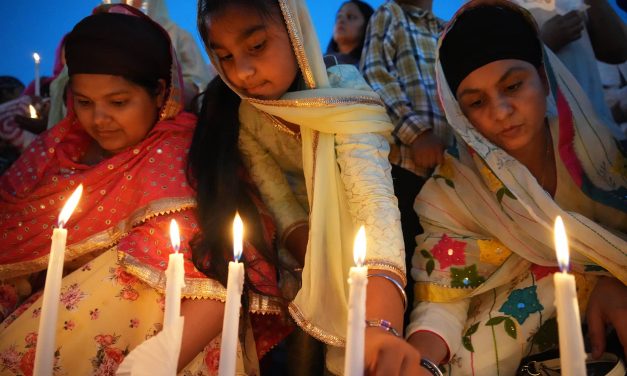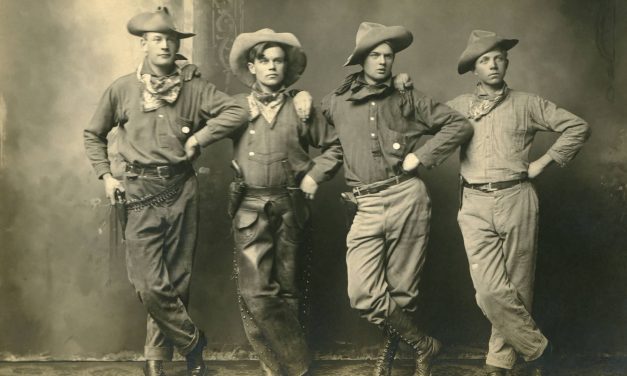The cost of cultural ignorance: Why American Sikhs remain targets of bigotry and racial violence
By Simran Jeet Singh, Visiting Lecturer, Union Theological Seminary Ten years ago, a white supremacist opened fire on a Sikh congregation in Oak Creek, Wisconsin, killing six people and injuring several others before taking his own life. An eighth person, Baba Punjab Singh, was left partially paralyzed and died from his wounds a few years later. At the time, it was among the deadliest mass shootings in a place of worship since the 16th Street Baptist Church bombing by the Ku Klux Klan in 1963. It was also the most lethal assault on Sikh Americans since they began migrating...
Read More















